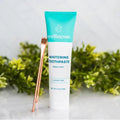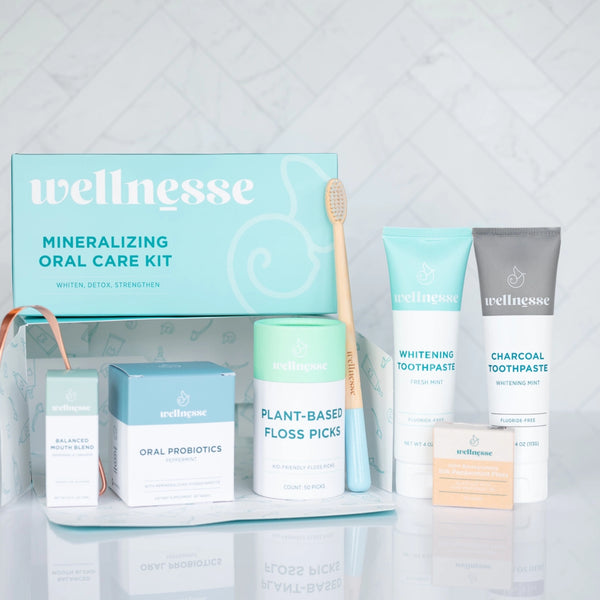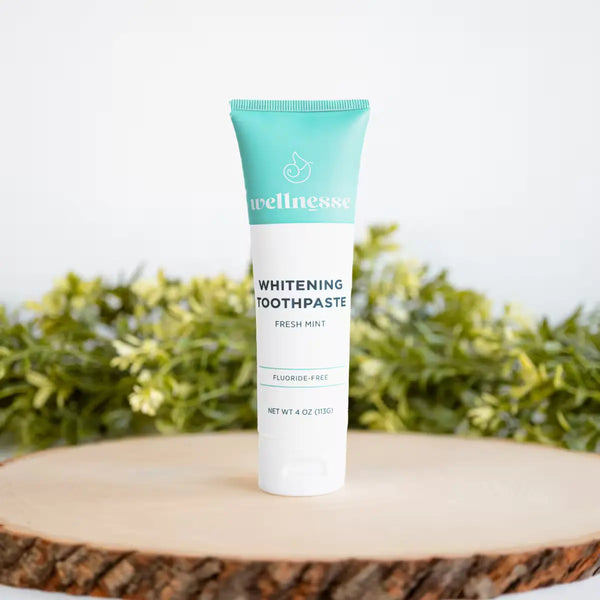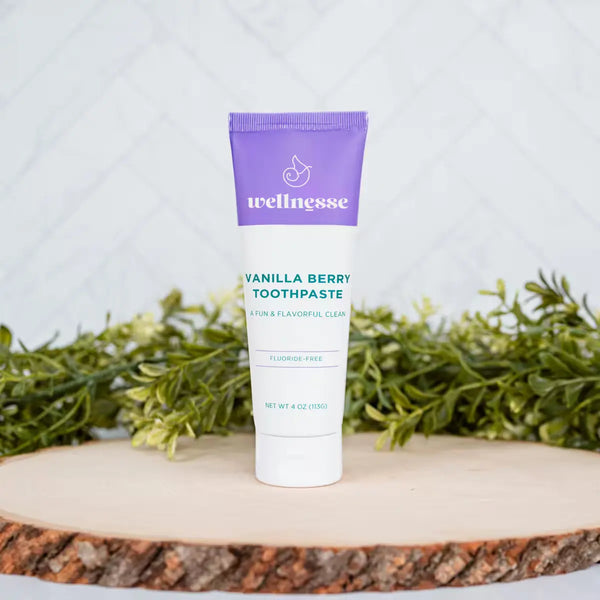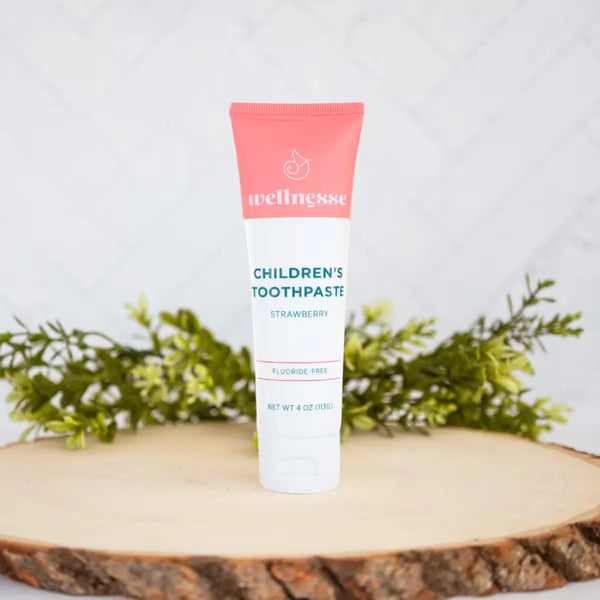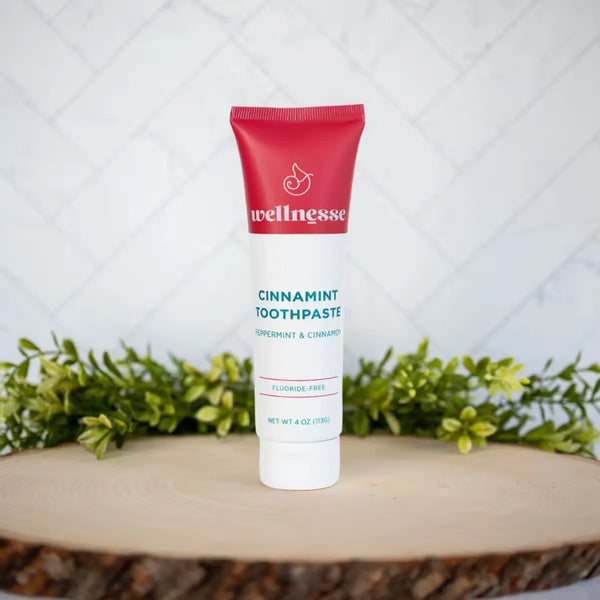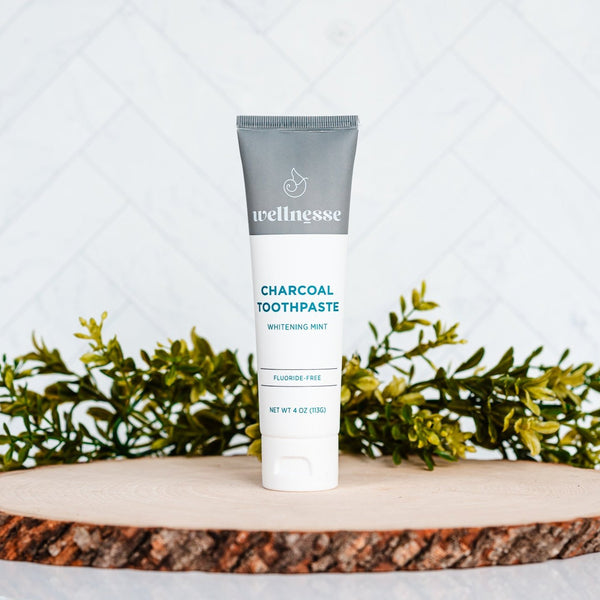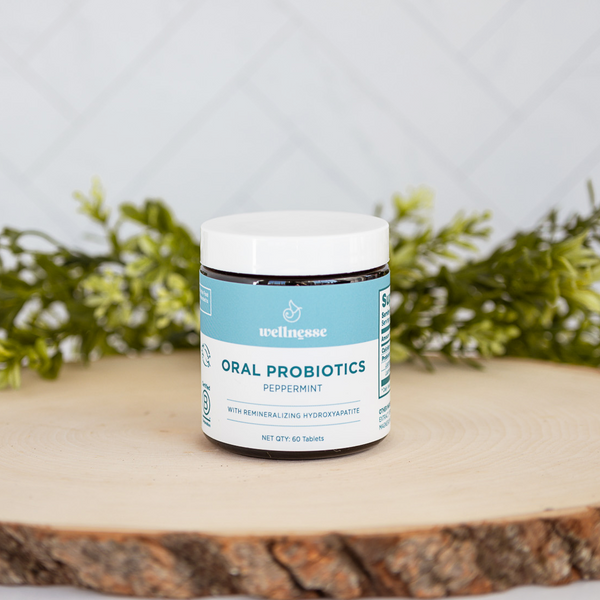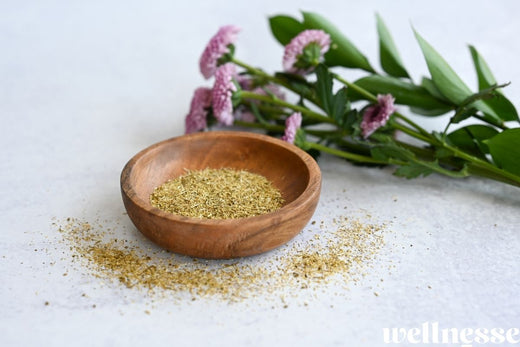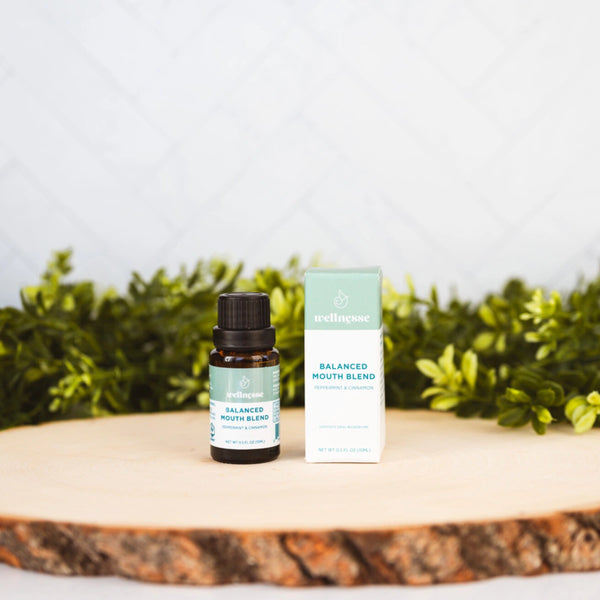From baths to aromatherapy, chamomile has been a soothing staple in cultures worldwide, dating back to ancient Rome. However, as much as we love a relaxing mug of chamomile tea, recent research shows that there's far more to this herb than meets the eye.
Chamomile's undeniable effects on the nervous system and its healing and anti-inflammatory properties make it a powerful remedy for various ailments, from wounds to indigestion. These same benefits make chamomile an underappreciated hair superfood. How, you may ask? Keep reading to find out!
Or try it for yourself with our Restoring Shampoo!
Or try it for yourself with our Restoring Shampoo!
Chamomile: The Skin(ny)
We already know that chamomile can provide multiple internal benefits. A simple cup of chamomile tea can calm us down, soothe an upset stomach, and promote deep, healthy sleep. But recent studies show that chamomile offers powerful external benefits for the skin and even the hair (we'll get to that later!)
Chamomile is used in remedies for cracked nipples, diaper rash, bacterial infections, ear infections, eye infections, burns, ulcers, and other injuries and conditions caused or worsened by inflammation. What's the secret behind its anti-inflammatory benefits? At least one of the responsible components is apigenin.
Apigenin is a spectacularly powerful flavonoid reported to have aided in the care of countless conditions, including diabetes, amnesia, Alzheimer's, depression, insomnia, cancer, and more. This anti-inflammatory, antioxidant phenom is a big reason chamomile is effective in topical use. Are we saying that rubbing chamomile tea bags on your skin will stop cancer in its tracks? No, not quite. But studies show it has been beneficial in treating symptoms of chronic diseases.
Similar mechanisms in chamomile that guard against chronic diseases also have a positive relationship with healthy hair. Apigenin, for example, can help soothe the scalp of irritation, thereby supporting a balanced pH and strong, healthy hair growth. For some, applying chamomile on the scalp/hair could mean the end of dandruff, eczema, dryness, itchiness, and so on, not to mention the dreamy (see what we did there?) smell!
General Benefits of Chamomile
- Insomnia: Regardless of the type (variations of chamomile include Roman, German, and Egyptian), this flower interacts with our nervous system to produce sedative effects. These effects, once again, may be due to the apigenin concentration. Apigenin binds to benzodiazepine receptors in our brains, which may be what gives chamomile oil a suppressant or calming effect on convulsions and our CNS (central nervous system). That internal interaction means calmer, more restful sleep and improved sleep quality. Using chamomile this way may also help to reduce stress and anxiety!
- Cardiovascular Conditions: Blood pressure issues tend to result from two factors: stress and age. Studies on flavonoid consumption (remember, apigenin is a flavonoid) showed that mortality due to cardiovascular problems reduced with flavonoid consumption. Chamomile's benefits for stress relief may influence these results.
- Skin Conditions: Chamomile produced exciting results when used to treat eczema. One study comparing a chamomile cream with a hydrocortisone cream showed that chamomile could outperform its competitor in relieving eczema symptoms. Other skin irritations and breakouts, like dark circles and psoriasis, have also been reduced by using this herb.
- Digestive Issues: Chamomile can have a general soothing effect on the stomach and digestive system. It soothes ulcers, upset stomachs, and irritations and can also have some antispasmodic effects.
Chamomile and Your Hair
We've discussed some of the amazing benefits chamomile offers for the skin, and those extend to the scalp. (It's easy to forget the scalp when discussing 'skincare,' but it's important not to leave it out!) Chamomile can help to ease burns, irritations, eliminate free radicals, and even reduce or prevent hairline breakouts. It also reduces visible redness, such as with acne or sunburns. As excited as we are about all these benefits, does chamomile actually have anything to offer our hair?
Absolutely!
Many of us know the struggle of dull, lifeless-looking hair. If you count yourself among that group, chamomile is about to become your best friend! Chamomile can help restore shine, giving back the vibrancy and natural luster that's rightfully yours.
Chamomile is also praised for being effective against hair loss. With all its positive anti-inflammatory effects on the scalp, it promotes healthy hair growth while eliminating issues and buildup that can cause hair strands to fall out or break off at the root. This flower's concentration of antioxidants, Vitamin C, and Vitamin E can be helpful in reducing frizz, brittleness, and even pre-existing damage.
(On a fun note, chamomile can also be a natural hair lightener! To achieve healthier, lighter hair, steep some chamomile and use it as a leave-in hair rinse! You can also try mixing it with lemon juice and applying it to your hair before going out in the sun!)
With hair loss in mind, chamomile makes a powerful team when combined with other natural hair superfoods, like nettle and lavender. Lavender detoxifies the scalp, aiding in the fight against hair loss and the prep work necessary to allow for new growth. Nettle is rich in vitamins and minerals, so it helps to naturally thicken, strengthen, and regrow new, healthy hair!
Alone, chamomile has intense benefits. But alongside powerful natural ingredients like these, it's an unstoppable, must-have addition to your hair care routine.
We utilize all-natural chamomile, nettle, lavender, and multiple other super-ingredients in our Restoring Shampoo! Our best, most powerful hair care formula to date, our Restoring Shampoo contains all the natural powerhouses you need to give your hair the support it deserves. Plus, it’s completely free of parabens and sulfates! Try your new favorite hair care today!
Resources
Srivastava, J. K., Shankar, E., & Gupta, S. (2010). Chamomile: A herbal medicine of the past with bright future. Molecular medicine reports, 3(6), 895–901. https://doi.org/10.3892/mmr.2010.377
Salehi, B., Venditti, A., Sharifi-Rad, M., Kręgiel, D., Sharifi-Rad, J., Durazzo, A., Lucarini, M., Santini, A., Souto, E. B., Novellino, E., Antolak, H., Azzini, E., Setzer, W. N., & Martins, N. (2019). The Therapeutic Potential of Apigenin. International journal of molecular sciences, 20(6), 1305. https://doi.org/10.3390/ijms20061305
Wells, K. (2019, July 30). How to use chamomile herb: Wellness mama. Retrieved March 17, 2021, from https://wellnessmama.com/4856/chamomile-herb-profile/
Wells, K. (2020, May 29). Natural hair dye recipes for any hair color: Wellness mama. Retrieved March 21, 2021, from https://wellnessmama.com/5112/natural-hair-dye/
Wells, K., N., & L. (2019, July 30). DIY herbal Hair RINSE for shiny and strong Hair: Wellness Mama. Retrieved March 22, 2021, from https://wellnessmama.com/156328/herbal-hair-rinse/
